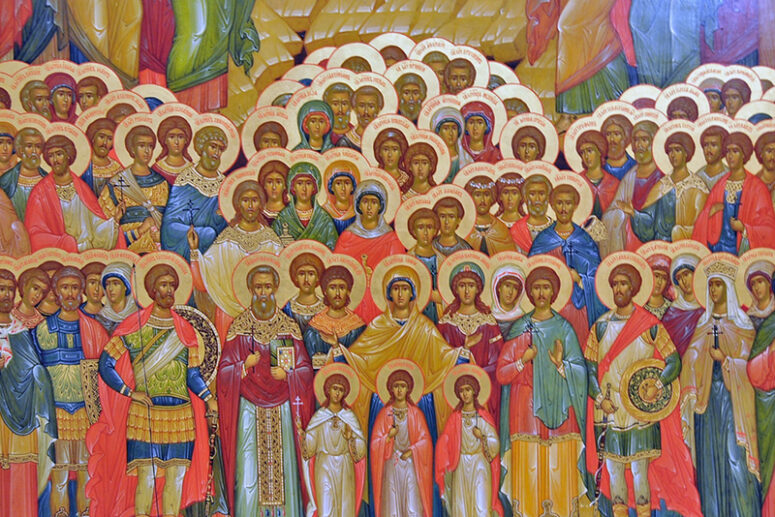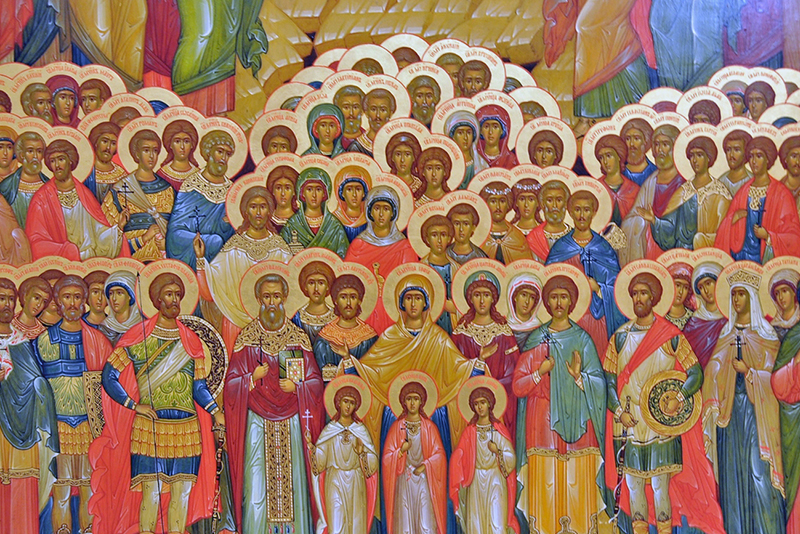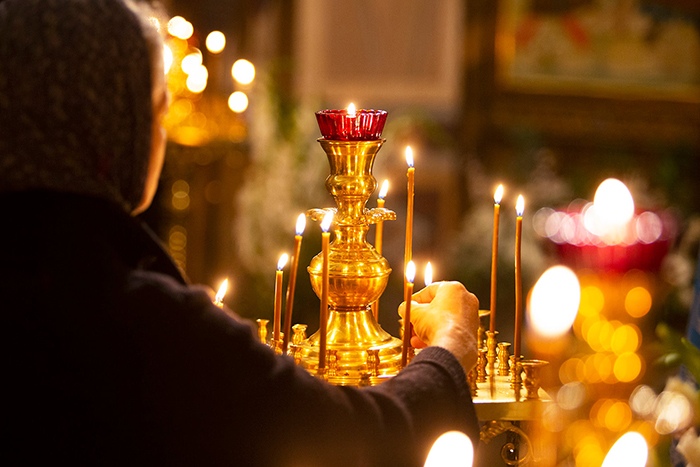
When we read the lives of saints, very often we focus on miracles and bright events. At the same time, we overlook important episodes. In fact, many of them do not even make it into hagiographic literature.
Hagiography is a separate genre with its particularities. It is a kind of a literary icon that depicts the most fundamental things in the life of an ascetic, leaving out all that is considered temporary and secondary. But sometimes it is that “secondary” that is very important for a modern person.
All too often people read countless ancient patrologies and start experiencing an excessive thirst for miracles. Not finding these miracles in their everyday life, they become disillusioned and begin to grumble at the church, which “is no longer the same as in antiquity” and allegedly “lost all its saints”.
There is one more related problem here. Reading about a measure of holiness that appears unattainable to a modern man causes him to fall into despondency and begin to neglect his own salvation. “How can I be saved here?” he might say, “The saints healed people in one word. They cast out demons, moved mountains, endured torment. We cannot do any of that now.”
In reality, everything is different, because saints are people just like you and me. They have the same problems and doubts. That becomes especially obvious when you read diaries or letters of the ascetics who lived not so long ago. It can be a discovery for many that the saints experienced everything that we are experiencing in our lives. That is very inspiring.
In their earthly life, the saints did not walk around with gilded halos making stately gestures. Many of them have fallen before sinful temptations. Look no further than the Holy Scripture for example. Let’s remember the holy prophet king David, who for the sake of his passion for a married woman sent her husband to certain death on a battlefield. But the worse David’s fall was, the stronger was his repentance, which was expressed in the 50th Psalm that we read every day in our private prayers.
This is why it is so important to read the lives of saints. Notice the smallest particles of their lives: memories, diaries, letters. Find in them hands-on examples for yourself and your struggle with your own passions and sins. It is very important that reading about saints does not become entertainment and replace adventure literature with a fascinating plot and emptiness inside.
Only thoughtful, serious reading can benefit us. If we stick with that and start seeing the lives of saints as a reference point and imitate them, then by calling for the prayerful help of those who have gone through the same things that we are experiencing, we will be able to achieve repentance and the Kingdom of Heaven.
Translated by The Catalogue of Good Deeds
Source: https://pravlife.org/ru/content/kak-pravilno-otnositsya-k-svyatym




